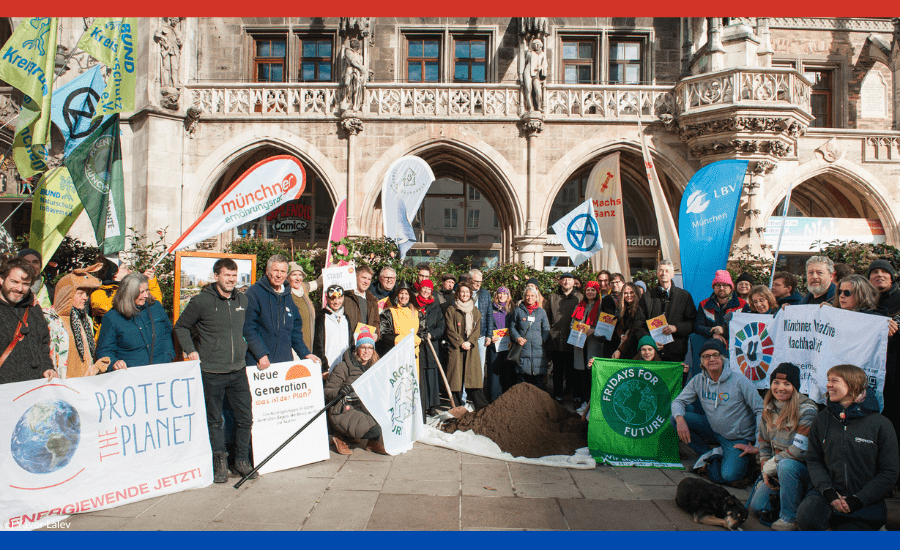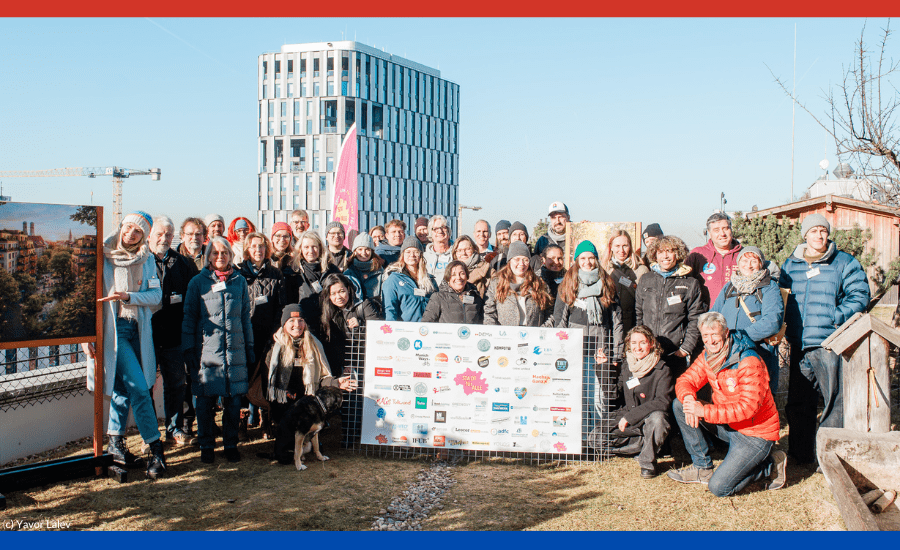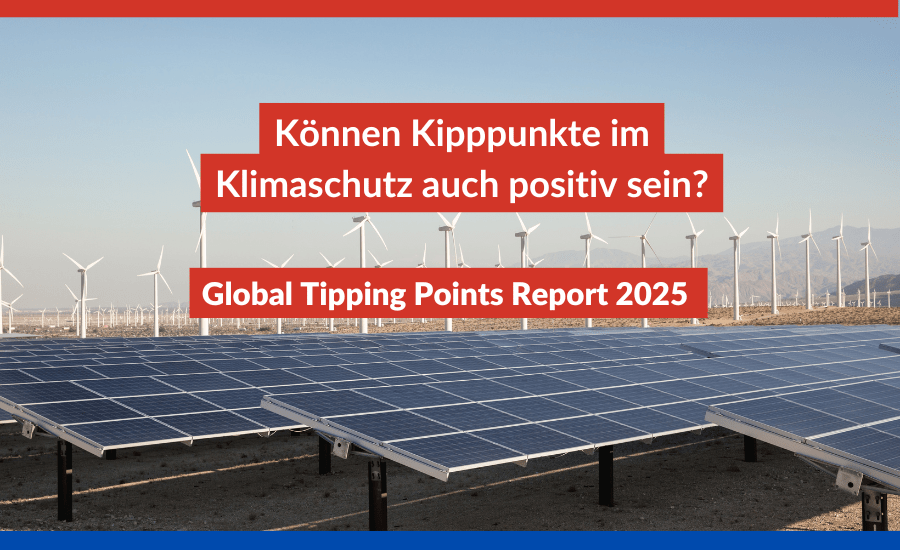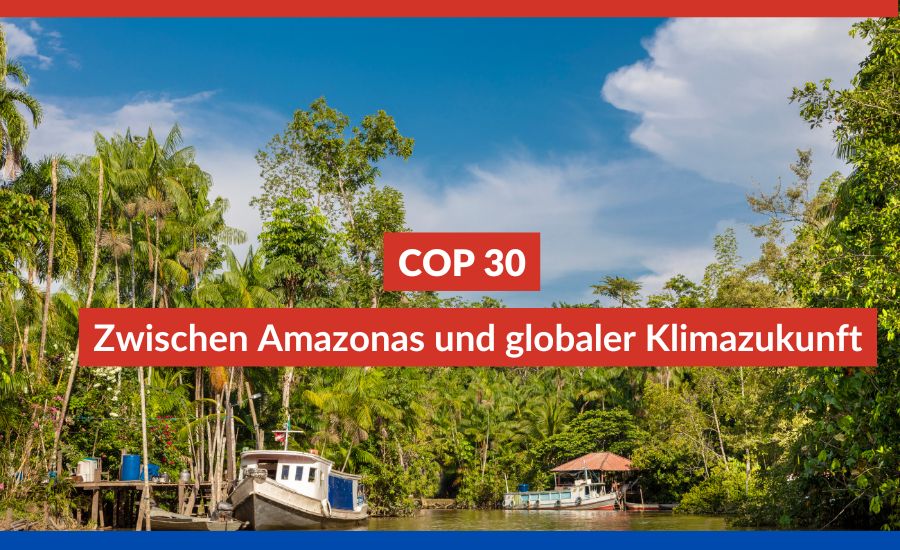Climate protection is a human right
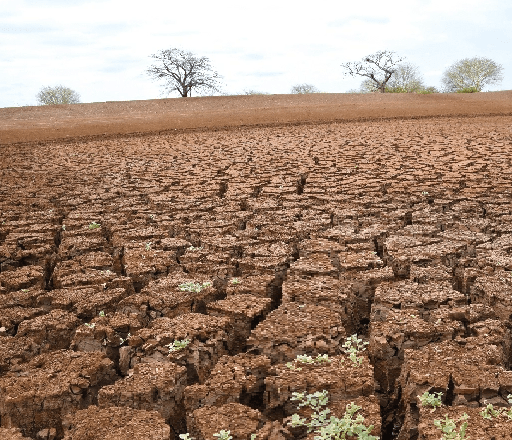
Dried up water hole with small plants in Kenya
We protect the right to a liveable planet.
The failure of companies, governments, and people in positions of political responsibility to act is irresponsible in view of the dramatic nature of the climate crisis—and cannot be right. Protect the Planet sees the legal system, especially in democratic states—at both the national and international levels—as one of the most powerful levers for combating the climate crisis.
Climate Litigation: Strategic Lawsuits
Climate lawsuits are a democratic means of holding governments and companies accountable under existing law, thereby asserting the rights of future generations and those already affected today.
After all, combatting climate change is a legal obligation!
Protect the Planet initiated in 2018 the People’s Climate Case, in which families from various European countries as well as Kenya and Fiji who are already affected by climate change brought a lawsuit before the European Court of Justice. Although the court ruled against the plaintiffs, the lawsuit paved the way for the historic decision by the Federal Constitutional Court in 2021 regarding the federal constitutional complaint against the German government’s climate protection law, which we also played a key role in supporting. The German Constitutional Court declared parts of the Climate Protection Act of the German Federal Government to be unconstitutional and, for the first time, also emphasised the rights of future generations in the wording of its ruling.
Protect the Planet pursues a strategy of strategic litigation. This means that we do not support all lawsuits related to climate and environmental protection, but rather those that send a strong signal or could set a precedent—as was the case with the People’s Climate Case and the constitutional complaint of 2021.
We also commission legal analyses and expert opinions to draw attention to the injustice being done to future generations and to examine the legal situation.
Climate and the legal system
We also call for the expansion of existing (national and international) law to provide greater and better protection for our planet. To this end, we are working with movements such as the “Netzwerk Rechte der Natur” (Rights of Nature Network) and Stop Ecocide Germany to raise awareness of new ideas and approaches for improving existing law.
More information:
Our contact person for the topic of “Climate LAW”:

Markus Raschke
Current litigation projects:

Constitutional lawsuit for more biodiversity
Protect the Planet supports the world’s first constitutional lawsuit for better nature conservation legislation. Together with several individual plaintiffs, the Bund für Umwelt und Naturschutz Deutschland (BUND) (German Federation for the Environment and Nature Conservation) is taking legal action before the Federal Constitutional Court – for a comprehensive and effective biodiversity law.
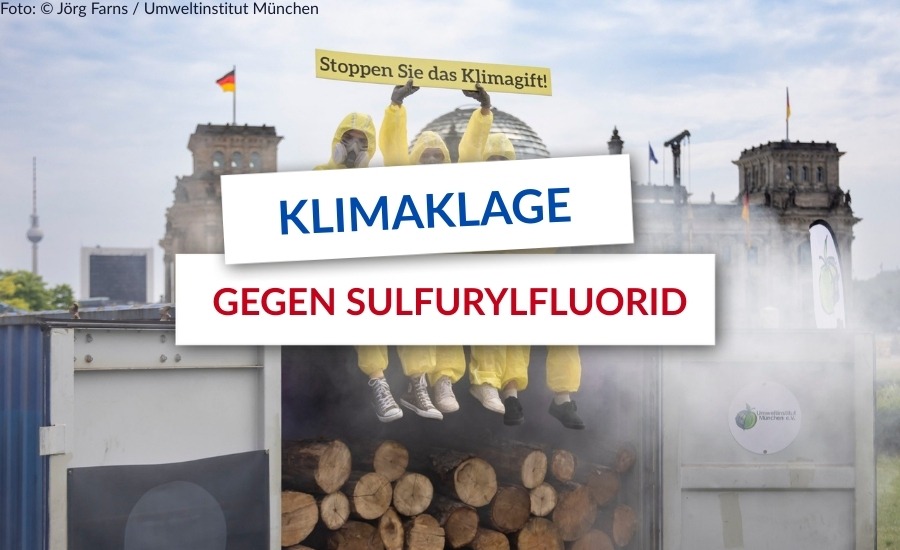
Lawsuit against the environmental toxin sulfuryl fluoride
Together with the DUH and the Umweltinstitut München (Munich Environmental Institute), we are suing for a ban on the environmental toxin sulfuryl fluoride.

“Zukunftsklage” – constitutional complaint 2.0
The German government has been failing to meet its climate protection targets for years! More than 54,000 people are therefore taking legal action before the Federal Constitutional Court – for more climate protection and a future worth living!

Legal report: Climate protection duties for companies
Large companies are already obliged under German law to align their business models with the 1.5-degree target of the Paris Climate Agreement. Unnoticed by large parts of the economy to date, there are already tangible climate-related obligations that force companies to act. This is the conclusion of a legal report published by the Hamburg law firm Günther, which was commissioned by the Sick Environmental Foundation together with the environmental organizations Germanwatch and Protect the Planet.

German Constitutional Complaint
The German Federal Government was deemed to be inadequately protecting the rights of future generations. In 2021, in an historic ruling, the German Constitutional Court identified parts of the Climate Protection Act of 2019 as unconstitutional. Nine young people had petitioned the court in the lead-up to this ruling.
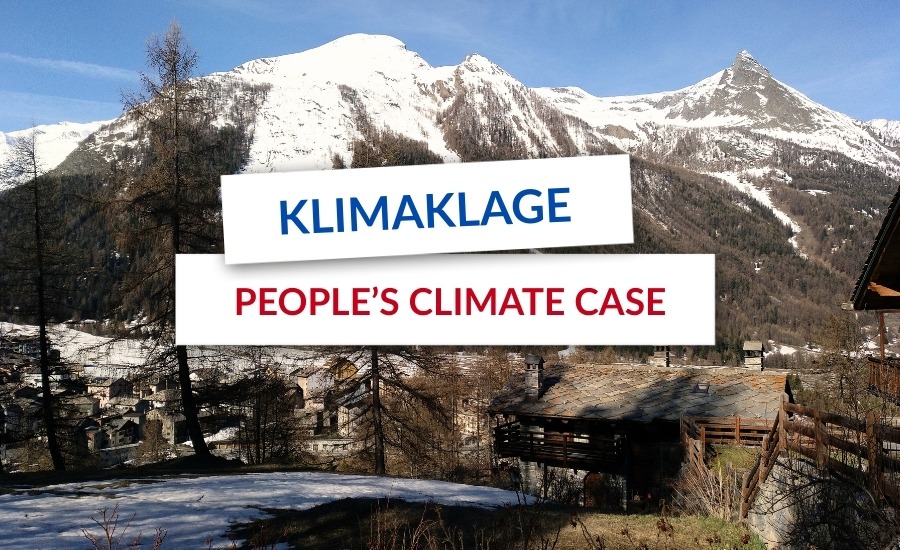
People’s Climate Case
The real repercussions of climate change are already tangible – from Fiji to Langeoog. Ten families from Europe and from developing and emerging nations, who are all affected by the climate crisis, took their case to the Court of the European Union in 2018. They claimed the EU climate goals for 2030 were insufficient to avert the dangerous consequences of climate change, and therefore violated the basic human rights of the plaintiffs.
Past climate lawsuits and climate law projects:

Legal report: Climate protection duties for companies
Large companies are already obliged under German law to align their business models with the 1.5-degree target of the Paris Climate Agreement. Unnoticed by large parts of the economy to date, there are already tangible climate-related obligations that force companies to act. This is the conclusion of a legal report published by the Hamburg law firm Günther, which was commissioned by the Sick Environmental Foundation together with the environmental organizations Germanwatch and Protect the Planet.

German Constitutional Complaint
The German Federal Government was deemed to be inadequately protecting the rights of future generations. In 2021, in an historic ruling, the German Constitutional Court identified parts of the Climate Protection Act of 2019 as unconstitutional. Nine young people had petitioned the court in the lead-up to this ruling.

People’s Climate Case
The real repercussions of climate change are already tangible – from Fiji to Langeoog. Ten families from Europe and from developing and emerging nations, who are all affected by the climate crisis, took their case to the Court of the European Union in 2018. They claimed the EU climate goals for 2030 were insufficient to avert the dangerous consequences of climate change, and therefore violated the basic human rights of the plaintiffs.
Our vision:
to stop the
climate crisis
We help prevent the climate catastrophe and make our planet just and liveable.
Current events

Webinar: “Haftbar fürs Klima – Das historische Urteil im Fall RWE”
Francesca Mascha Klein (Rechtsreferentin für strategische Prozessführung Germanwatch) und
David Williams (Programmdirektor Rosa-Luxemburg-Stiftung New York)
There is still too little known about the climate crisis and what we can do to avert it. To bridge this gap, our Climate Talks aim to provide information on many different aspects of climate change with a particular focus on specific things we can do ourselves.
Numerous experts join us in exploring the pressing questions of our time.
Missed an event? No problem, you can watch the recordings of the presentations in the archive.


